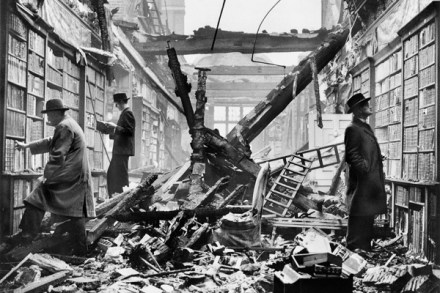Siempre | 1 August 2013
I am not jealous. If you arrived with a man on your back, or a hundred men hanging in the rigging of your hair, or a thousand men sleeping on the soft mound of your belly, if you were a river filled with drowned men met by the furious sea foaming at its mouth, by eternal weather – if you arrived with them all where I wait for you, I would not be jealous. We will always be alone. We will always be, you and I, alone on this earth to begin life. After Neruda















